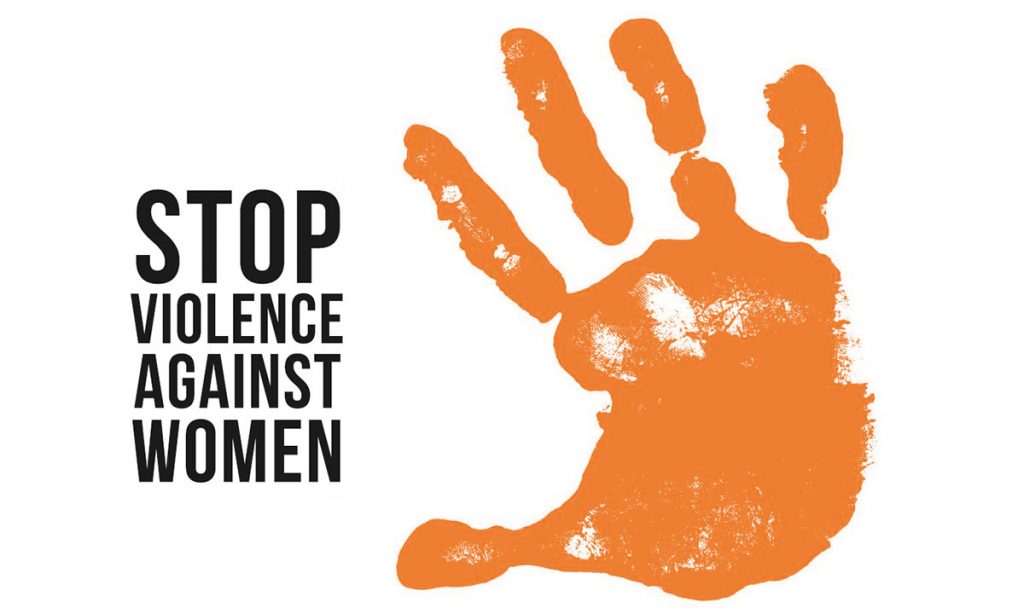
One of the lessons learnt from the three-month sojourn in Molepolole by the specialised gender-based violence (GBV) courts is that the scourge can be adequately addressed through a permanent rather than ad hoc arrangement. ‘
The plan is that the establishment of the specialised courts should follow the numbers with the roll-out informed by the highest number the identified station has registered.
This is according to the High Court’s chief registrar, Mr Michael Motlhabi when updating the nation on the initiative.
Giving the background, he said the judiciary and its stakeholders met last October to share ideas on how GBV cases, which had reached crisis proportions, could be addressed.
An agreement was reached to come up with a solution that would require teamwork to address what he termed a national priority.
Mr Motlhabi said the assignment commenced with 201 cases in December last year and was expected to be completed in February.
More cases were registered during the period with some predating the COVID-19 pandemic, he said.
Mr Motlhabi explained that unlike criminal cases, the domestic violence kind were dealt with much faster because they attracted fewer witnesses.
After Molepolole, he said, the next stop for the GBV courts was Serowe since it had the second-highest number of cases.
Mr Motlhabi explained that the Administration of Justice had pulled mobile courts originally earmarked for traffic cases.
He a concern from the community was whether the threshold of 201 cases in three months was not too ambitious given that “justice hurried is justice buried”.
Meanwhile, Sebego Attorney’s Mr Samuel Plaatjie has stated that the most prevalent cases of GBV normally reported were the domestic type where men assaulted women in the home usually accompanied with a threat to kill.
He said gender stereotypes precipitated GBV, especially in cases where men were the perpetrators.
The cultural norm was often that men were providers and therefore entitled to be dominant while women were supposed to be subservient and rely on men, he said.
“The families of the perpetrator and victim will then seek to reconcile the parties and this ends up with a case being withdrawn before the courts. The concern would be recurring incidents and the parties will continue to reconcile. It, therefore, becomes difficult to assist the victim,” stated Mr Plaatjie.

